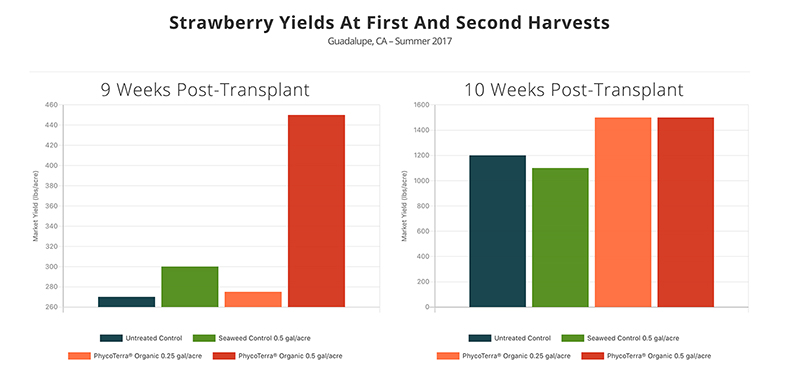Food Safety And The Importance Of Working Together

They’re back. Cantaloupes from the Rocky Ford area of Colorado, that is. According to reports, on Friday, July 13th — a date typically not associated with good news — loads of cantaloupe grown by members of the Rocky Ford Growers Association made their way to store shelves.
The reason they were gone, as most know, was because of the listeria outbreak last year that involved cantaloupe grown in Colorado. More than 30 people died as a result of eating the tainted fruit. The recalled cantaloupes were from a grower that was about 100 miles from the Rocky Ford area but used the Rocky Ford name.
To avoid a repeat incident from occurring in the future, the association was formed last year. Its goals, according to the group’s website (http://rockyfordgrowersassociation.com) are “to strengthen and protect the reputation of the world famous melons. Rocky Ford Cantaloupe has officially been trademarked.” To date, 15 growers are involved in the association.
The group of 15 who have signed on with the association have agreed to a risk assessment and/or audit review of their farms. The website states
that this includes adhering to USDA Good Agricultural Practices (GAP) and Good Handling Practices (GHP). It probably goes without saying that the growers also are required to follow the mandates of the Food Safety Modernization Act.
Strengthen And Protect
This group is putting its money where its mouth is. For starters, a state-of-the-art packing shed has been constructed at one member’s operation. The group also has hired a full-time food safety manager, and is using a traceability system to track the fruit throughout the supply chain.
Training is a priority, as well, to make sure all field workers know what is expected of them. The website also says that specific trailers have been designated to carry only Rocky Ford cantaloupe, watermelon, and pumpkins.
Efforts In Ohio
Other grower organizations aren’t waiting to see if they encounter a problem. The Ohio Produce Growers & Marketers Association (OPGMA) also has a plan in place — not just for cucurbits, but for all fruit and vegetables grown in the state — in the form of the Ohio Produce Marketing Agreement (OPMA). According to the association, participating in the agreement will allow growers to “bring to market certifiably safer fruits and vegetables, making you a preferred supplier to retailers, farmers markets, and wholesalers.”
The marketing agreement, which is a three-tiered system, was developed nearly two years ago and is focused on science and best practices. (For more information on OPMA, go to www.opma.us.)
These two groups have a lot in common: They are making sure food safety comes first. Each organization is striving to provide consumers with the safest produce possible and they have a detailed, offensive plan in place to make sure that happens.
OPGMA and the Rocky Ford Growers Association also are excellent examples of what can be accomplished when efforts are made to work together to achieve a goal that has the potential to benefit the entire industry. Take advantage of their knowledge.









